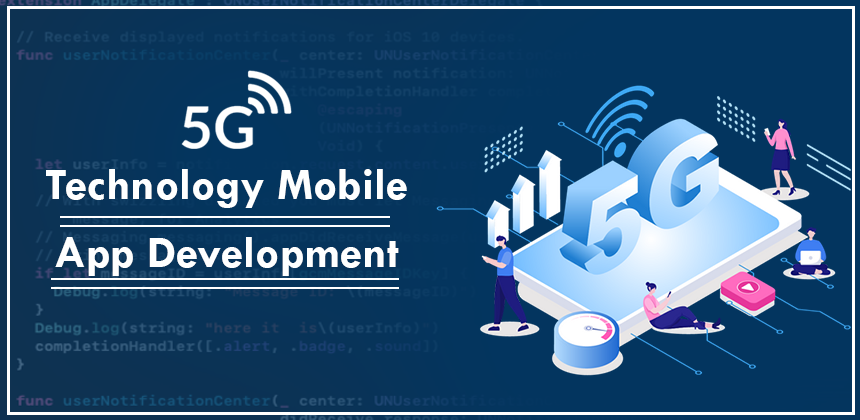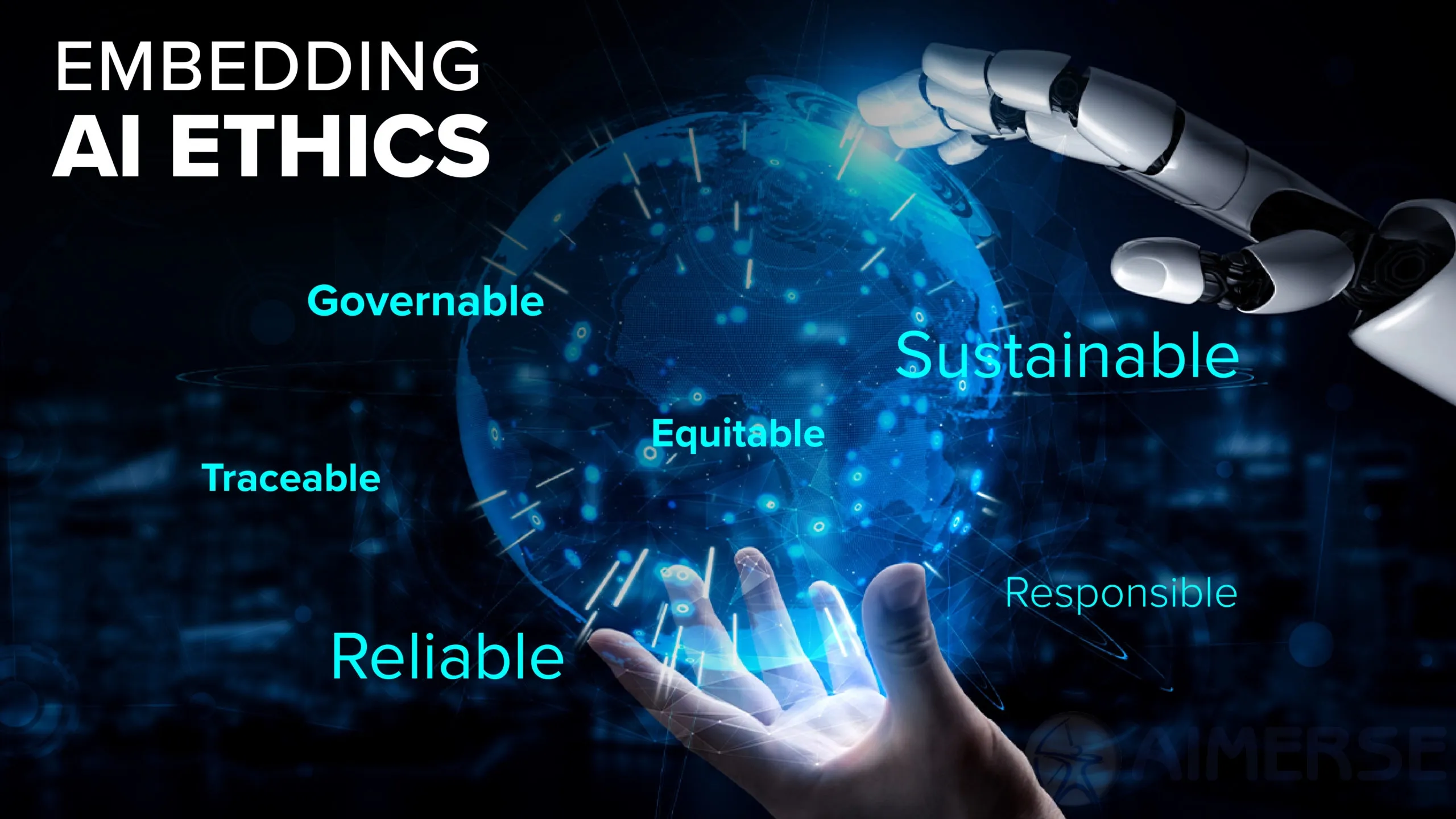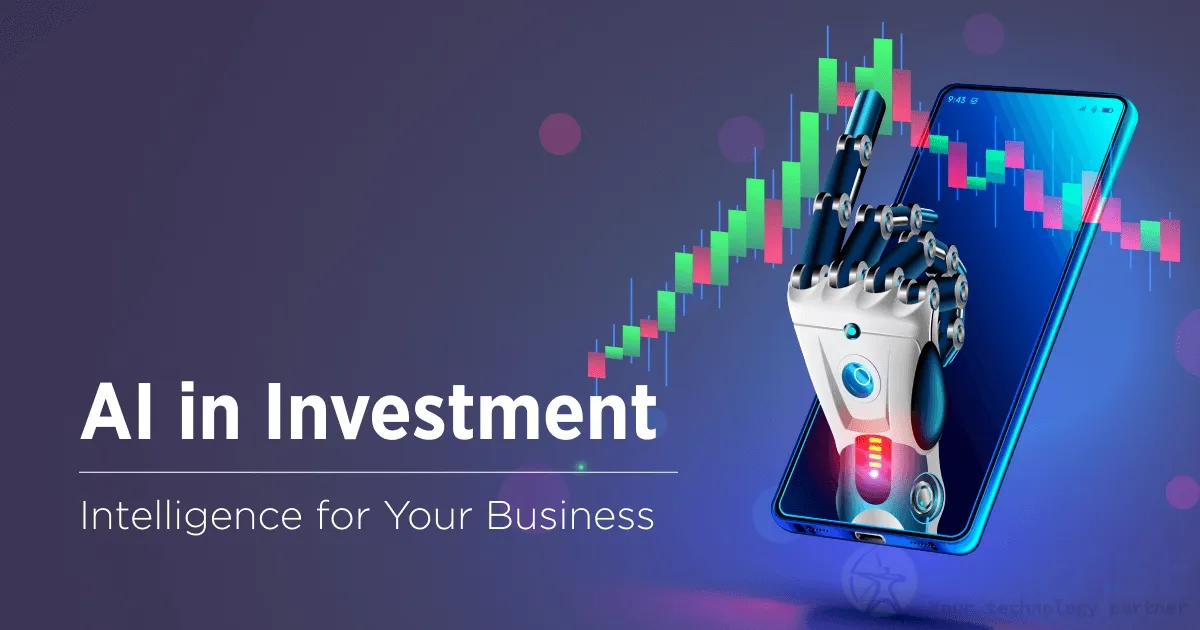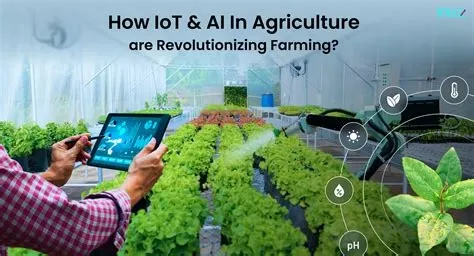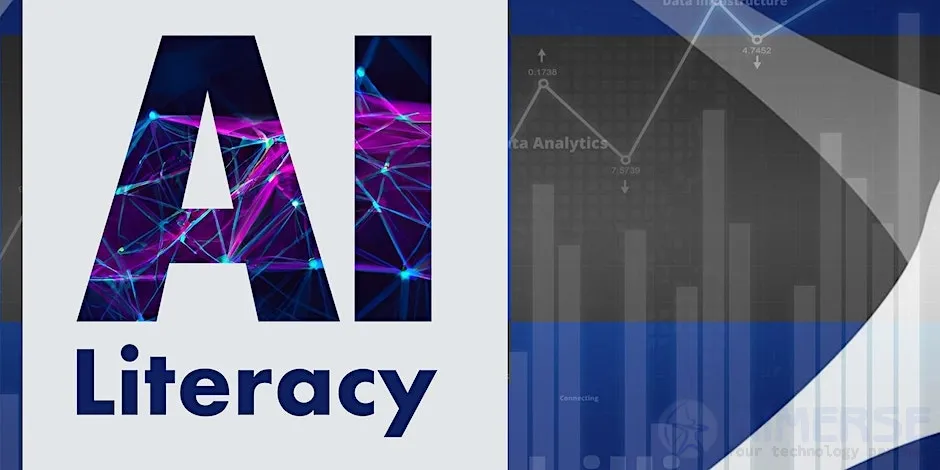5G Technology: Transforming Mobile Application Performance
With the potential to completely transform the functionality and performance of mobile applications, the introduction of 5G technology represents a critical turning point in developing mobile connections. 5G's previously unheard-of speed, lower latency, and improved connectivity are expected to revolutionize user interactions with mobile apps and pave the way for more responsive and engaging experiences.
Unprecedented Speed and Efficiency
This would probably make 5G the first-ever network technology with a mind-boggling speed that sets the bar higher than ever on app performance. Users would anticipate fast load times and frictionless interactions even for data-intensive applications. That makes the process of development quite different, putting an emphasis on optimization for performance and efficient handling of data.
Latency Reduces Real-Time Interactions
5G technology significantly reduces latency, enabling real-time interactions within mobile applications. This enhancement is particularly beneficial for applications that require instantaneous data exchange, such as gaming, video conferencing, and augmented reality (AR) experiences. The lower latency ensures that user inputs are processed swiftly, resulting in more responsive and engaging applications.
Improved Connectivity and Device Interconnectivity
Improved connectivity from 5G enables devices to communicate more effortlessly, which enhances the performance of Internet of Things (IoT)-based applications. Also, such an advancement allows for the building of more sophisticated and interconnected functionalities within apps, moving beyond enhancing user experiences on different devices and across platforms.
Elevating User Experiences
With the 5G capabilities, mobile applications will now support richer content at greater resolutions and computationally more intense algorithms without necessarily degrading performance. With this capability comes the door open to innovation heretofore constrained by what was thought of as mobile network capabilities—something like AR or VR that are data-intensive with a high throughput requirement for very fast processing without degrading quality.
Implications for Mobile Application Development
With 5G technology now integrated into the mobile app development world, the design and development policies will have to be re-evaluated. Developers will have to optimize applications for use on 5G, such that the application would be readied to handle bigger loads of data over the network and serve to handle high reaction times for real-time operations. Optimizing media-rich content, strengthening security measures for handling larger data sets, and rethinking user interfaces to better suit more dynamic interactions should all be part of this.
Conclusion
The nature of 5G technology related to mobile application performance offers such transformational potential. Once the developers embrace these changes offered by 5G, they may build far more responsive, immersive, and efficient applications that answer people's ever-changing expectations in this new era of connectivity.
By tailoring software solutions by leveraging all cutting-edge technologies at your disposal, such as React.js, Node.js, Python Django, Laravel, Java Spring Boot, and many more, through your Aimerse Technologies, it is assumed that the applications have been optimized entirely to bring the full benefits offered by 5G technology toward achieving maximum performance along with a lifelong user experience.
